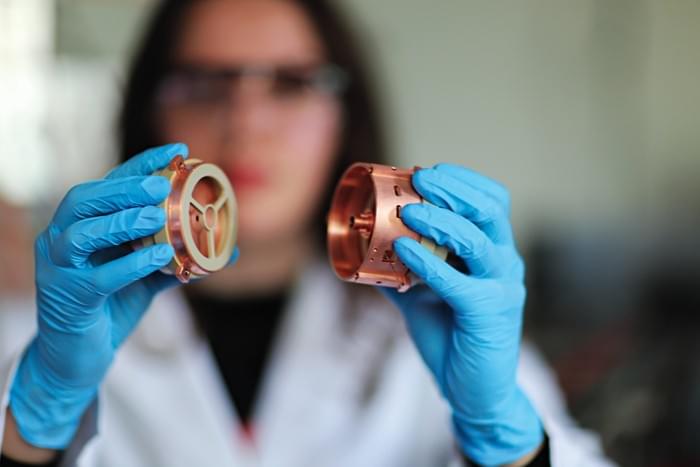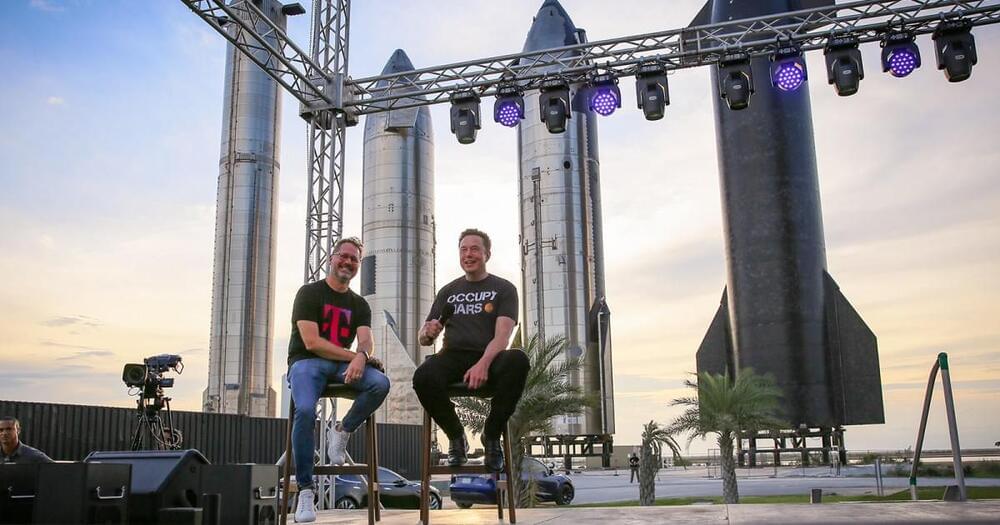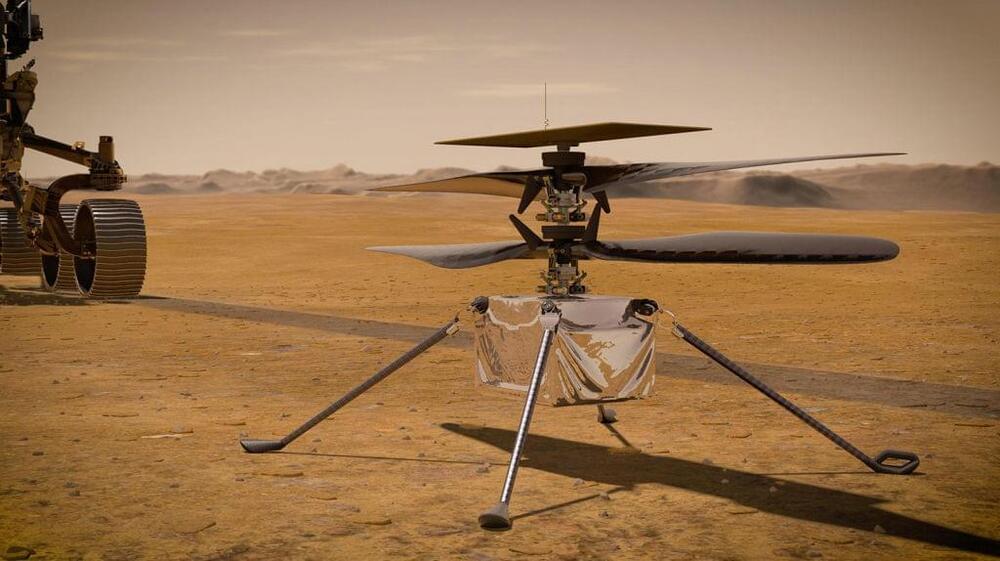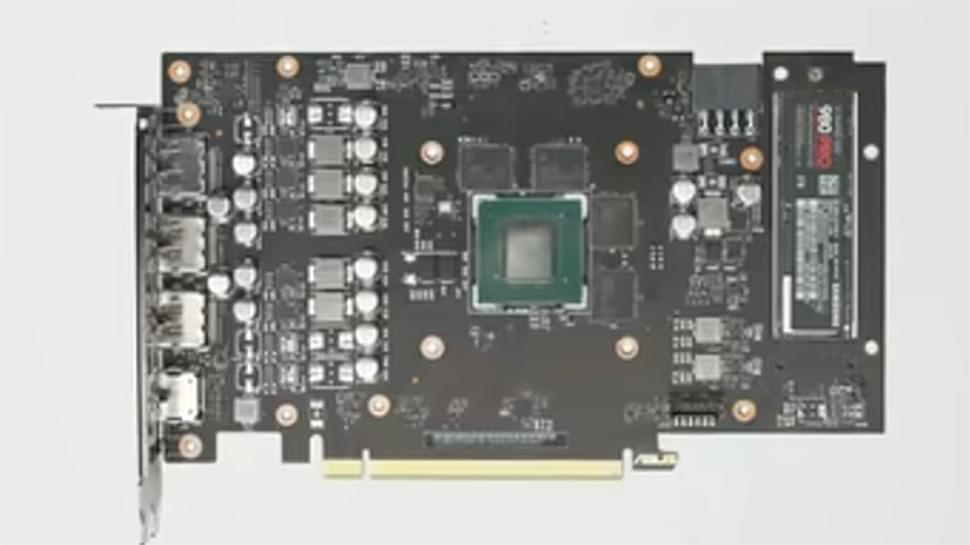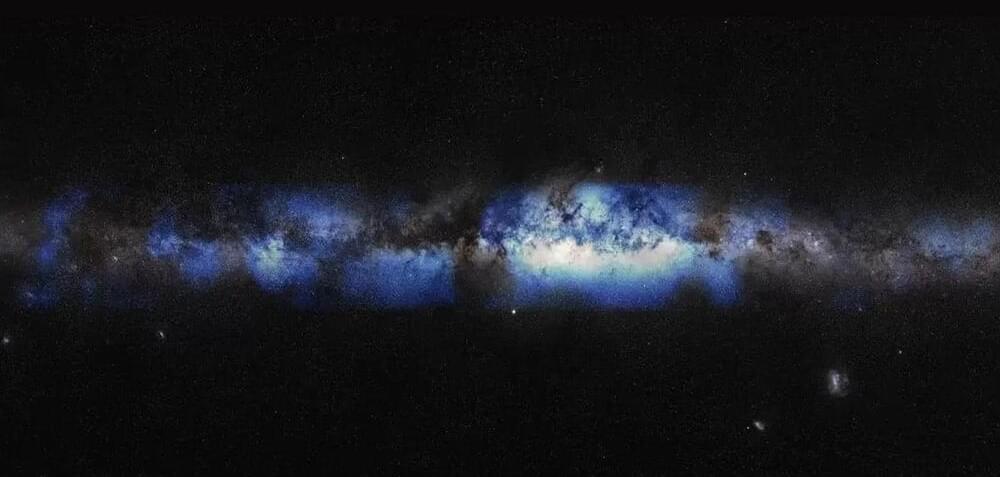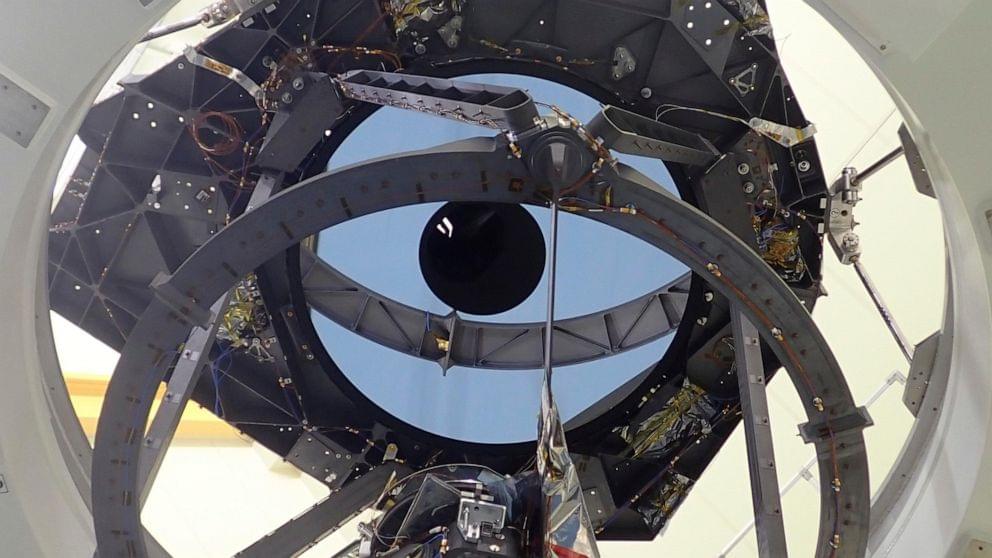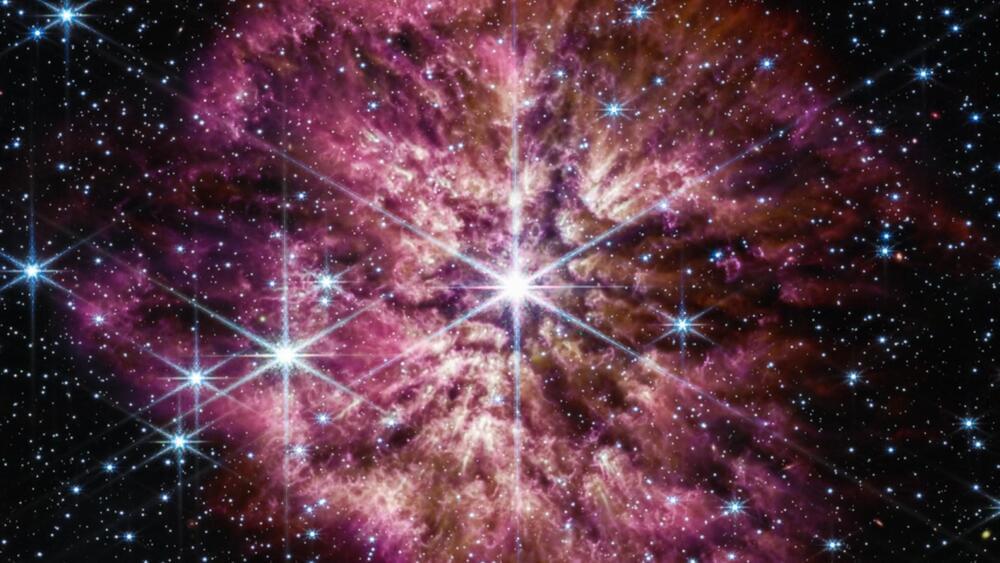Jul 2, 2023
The emerging world of single-molecule mass measurements
Posted by Shailesh Prasad in category: futurism
Mass Spectrometry.
The emerging world of single-molecule mass measurements.
New methods characterize large and complex samples that conventional mass spec struggles with by.
Continue reading “The emerging world of single-molecule mass measurements” »
